physiology (ˌfɪzɪˈɒlədʒɪ)
physi( GK. physis ; nature, origin)-ology
n. [the branch of biology dealing with the functions and activities of living organisms and their parts, including all physical and chemical processes.]
ps. physiology includes how organisms, organ systems, organs, cells and biomolecules carry out the chemical or physical functions that exist in a living system. The highest honor awarded in physiology is the Nobel Prize in Physiology or Medicine, awarded since 1901 by the Royal Swedish Academy of Sciences.
Physiology Tour
physiological
physi-olog y -ical
adj. [of or pertaining to physiology.]
piano
adj. [soft; subdued.(used as a direction in music)]
<>forte
from wiki:
The two basic dynamic indications in music are:
p or piano, meaning "soft".
ƒ or forte, meaning "loud".
wiki上的兩的examples:
The Planets Op.32 Mars, the Bringer of War ( ƒƒƒƒ occurs two times)
The Symphony No. 6 in B minor, Op. 74, Pathétique is Pyotr Ilyich Tchaikovsky's final completed symphony, written between February and the end of August 1893. The composer led the first performance in Saint Petersburg on October 28 of that year, nine days before his death.
Tchaikovsky indicated a bassoon solo pppppp in his Pathétique symphony
pictorial
adj. [relating to, consisting of, or expressed by pictures]
ex. a pictorial calendar, magazine, etc
pied
adj. [of two or more colors in blotches also : wearing or having a parti-colored coat]
ex. a pied horse.
ps.A piebald is an animal, such as a horse or ball python, that has a spotting pattern of large unpigmented (sometimes expressed as white) areas and normally pigmented patches (black in the horse pictured).
review p.318 motley
pierce
v. [to penetrate into or run through (something), as a sharp, pointed dagger, object, or instrument does.]
ex. She had her ears pierced so that she could wear ear-rings. 她已紮了耳朵眼好戴耳環
piercing
adj. [(of a sound) sharp and shrill]
adj. [(of cold or wind) intense or biting]
pigment /ˈpig-mənt/
n. [a powder that is mixed with a liquid to give a paint, ink, etc]
n. [any substance used to impart colour]
from wiki:Most pigments used in manufacturing and the visual arts are dry colourants, usually ground into a fine powder. This powder is added to a vehicle (or binder), a relatively neutral or colorless material that suspends the pigment and gives the paint its adhesion.
看過這個youtube影片,保證你不會忘記什麼叫pigment
pilgrim (ˈpɪlɡrɪm)
n. [a person who journeys, especially a long distance, to some sacred place as an act of religious devotion]
ex. pilgrims on their way to Mecca 赴麥加的朝聖
字源(看看就好):from L. peregrinus "foreigner," from per- "beyond" + agri , locative case of ager "land or country" . Change of first -r- to -l- in Romance languages by dissimilation
from wiki: A pilgrim (lat. peregrinus) is one who undertakes a pilgrimage , literally 'far afield'. This is traditionally a visit to a place of some religious or historic significance; often a considerable distance is traveled . Examples include Muslims, Christians, or Jews visiting Jerusalem.
好聽的歌 Pilgrim
pillar (ˈpɪlə)
n. [an upright structure of stone, brick, metal, etc, that supports a superstructure or is used for ornamentation]
pillar of society <> derelict (p.140)
ps. Figurative sense of "prop or support of an institution or community" is first recorded early 14c
pillory (ˈpɪlərɪ)
n. from wiki:The pillory was a device made of a wooden or metal framework erected on a post, with holes for securing the head and hands, formerly used for punishment by public humiliation and often further physical abuse, sometimes lethal . The pillory is related to the stocks
pilot (ˈpaɪlət)
n. [a person who is qualified to operate an aircraft or spacecraft in flight]
n. [a person who is qualified to steer or guide a ship into or out of a port, river mouth, etc]
ps. A pilot is a mariner who guides ships through dangerous or congested waters, such as harbours or river mouths.
pinch
v. [to squeeze between the finger and thumb]
n. [ a very small quantity of anything]
n. [a critical juncture]
pine
n.pinetree
v. [to yearn deeply; suffer with longing; long painfully]
ex. to pine for one's home and family.
v. [to fail gradually in health or vitality from grief, regret, or longing]
ex. She lost interest in living and just pined away. 她已了無生趣, 日漸憔悴.
字源(看看就好):.E. pinian "torture, torment, afflict, cause to suffer," from *pine "pain, torture, punishment," possibly ult. from L. poena "punishment, penalty," from Gk. poine
ps. pinapple n. 鳳梨
from wiki:
Pines are long-lived, typically reaching ages of 100–1,000 years, some even more. The longest-lived is the Great Basin Bristlecone Pine, Pinus longaeva, one individual of which, at around 4,800 years old, is one of the world's oldest living organisms.
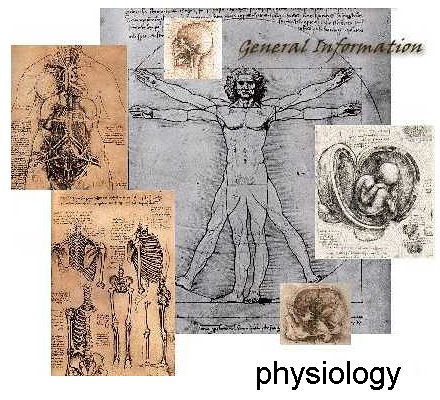
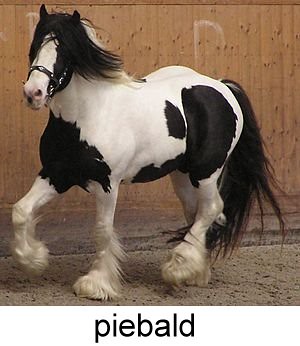
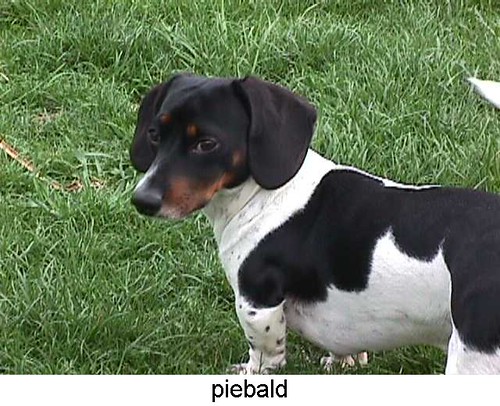


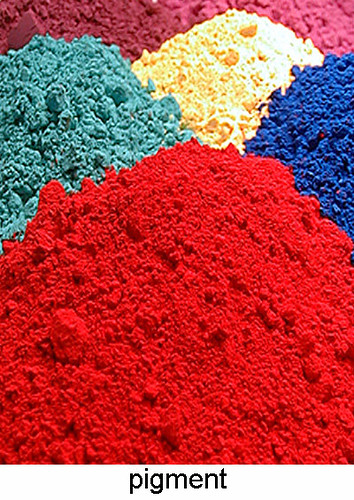

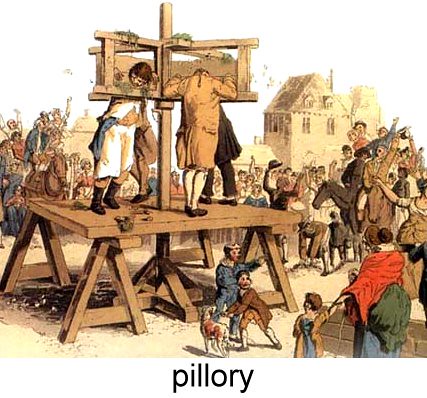
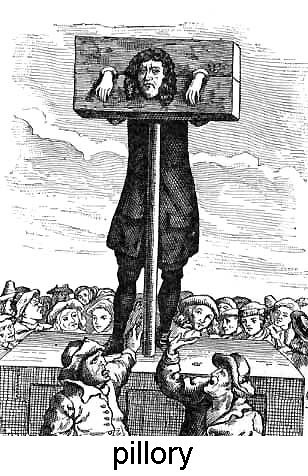

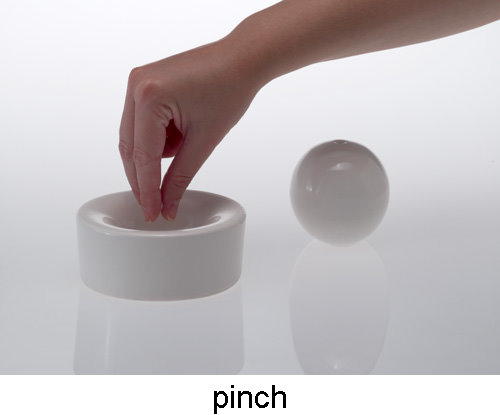
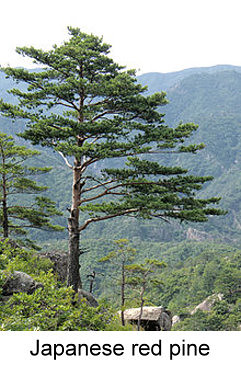
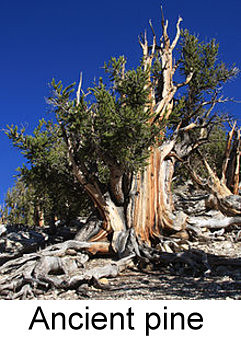


 留言列表
留言列表